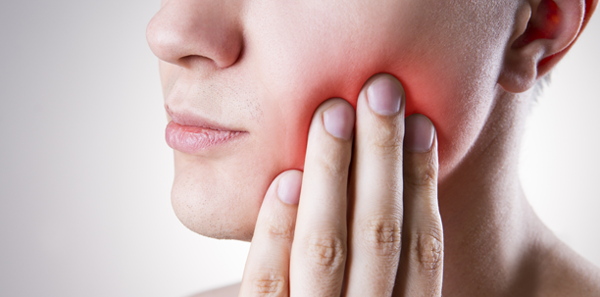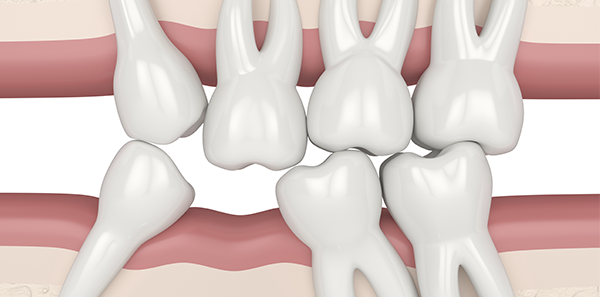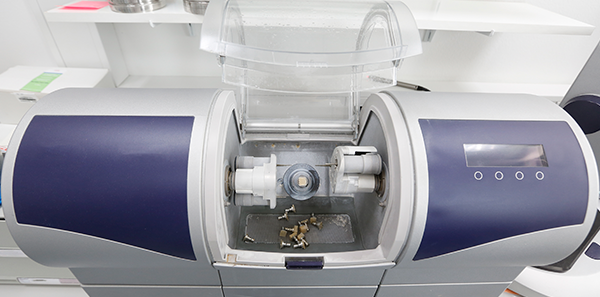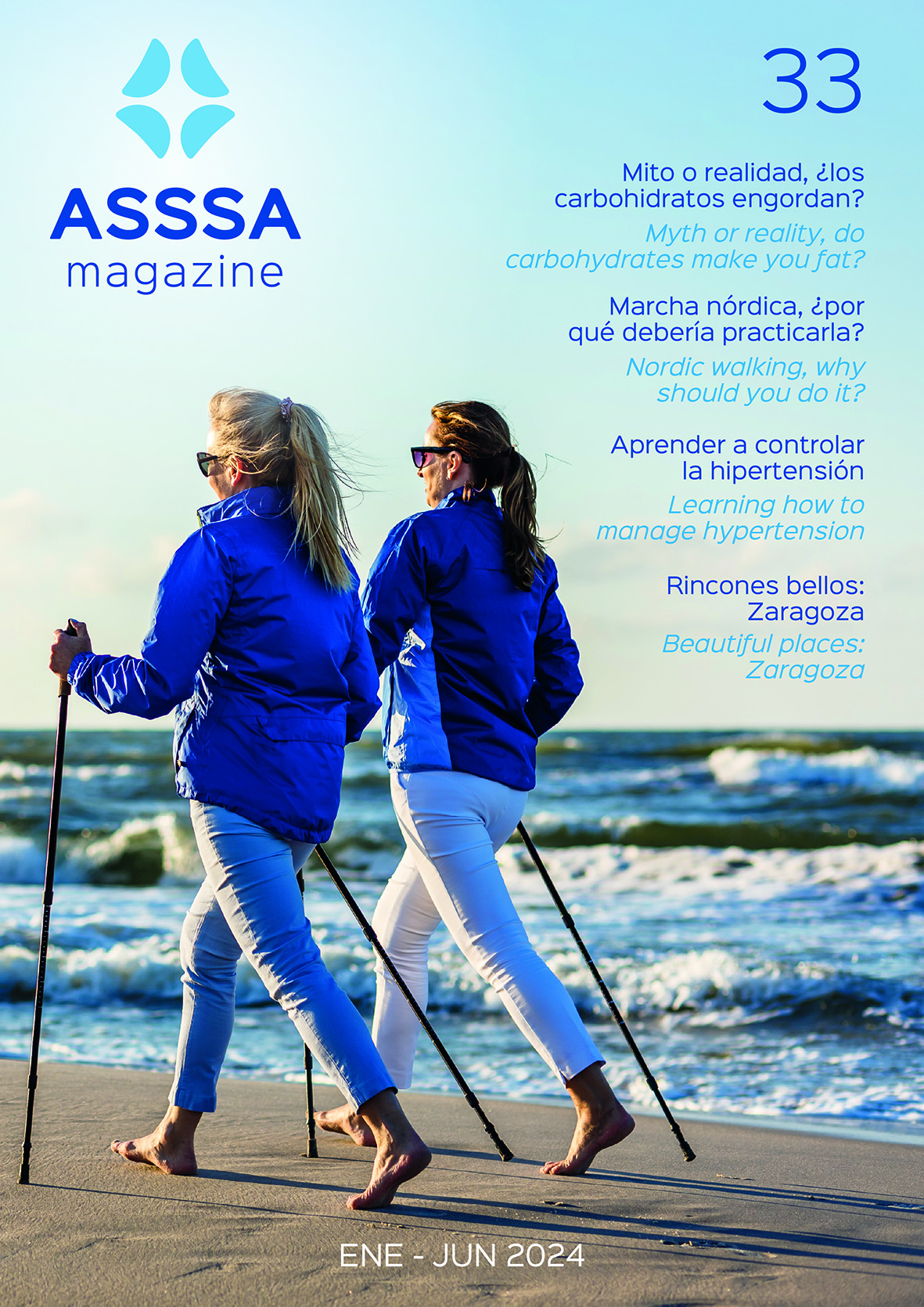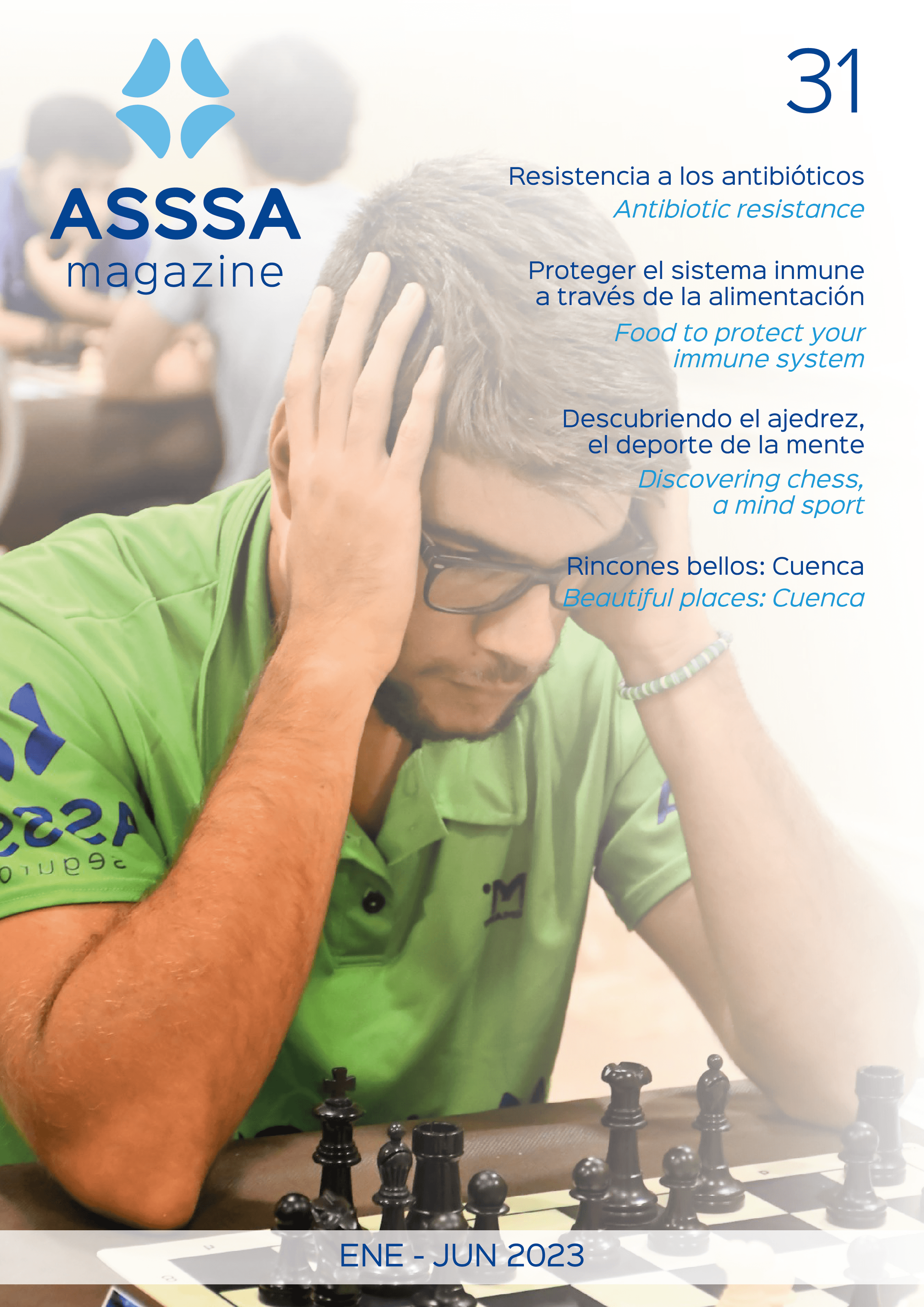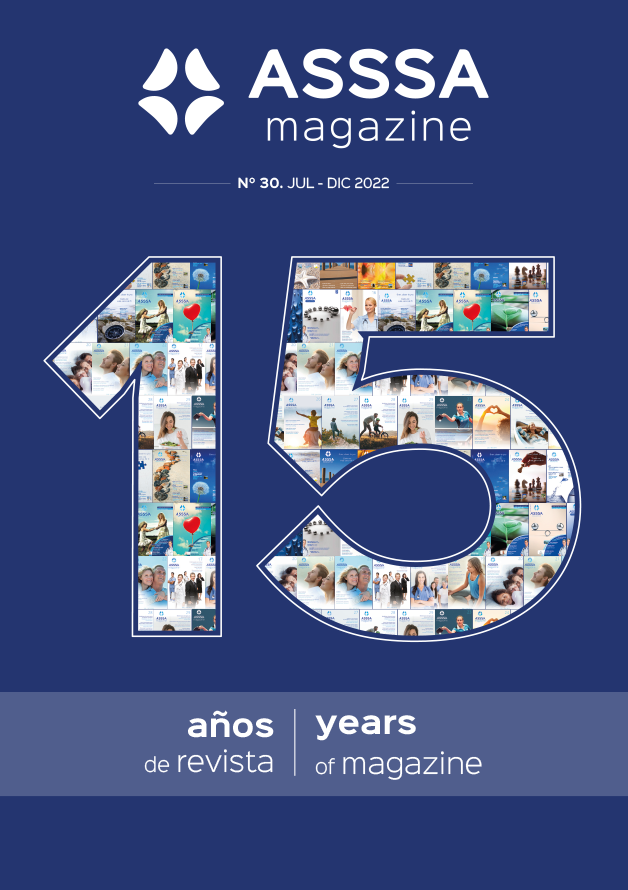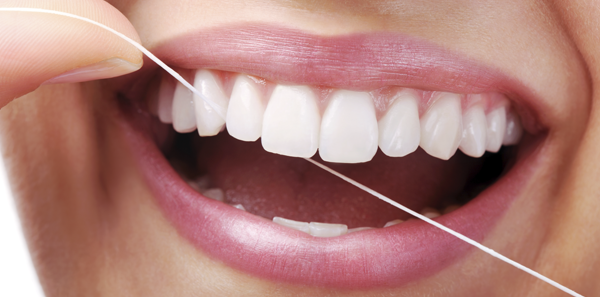
We all agree that having straight white teeth and fresh breath makes us look younger and more attractive and feel more confident. A nice smile is part of a person’s physical health. Our mouth is the entrance to our body.
When someone’s teeth look rotten or covered in plaque, it is a sign of a large number of germs and microbes. When these germs are swallowed, they pass from the digestive system into the bloodstream and from there they spread throughout the body and can cause infections in different parts of our body: mouth, throat, stomach, kidneys, circulatory system, etc. Poor dental hygiene and missing teeth cause problems with chewing and can disfigure the face and the corners of the mouth. Not chewing properly results in poor digestion, as chewing is the first step in the process. Halitosis or bad breath means poor dental health, among other things. There are also a number of organic conditions and diseases that affect oral hygiene. For example, inflamed, bleeding gums or gingivitis is a common condition in diabetes mellitus and pregnancy. It is therefore important to take extra care over oral hygiene in such cases: – Using an appropriate toothbrush and a correct brushing technique, as well as using dental floss after every meal can help remove the remains of food and avoid the build-up of dental plaque. – We should also use a good non-alcoholic mouthwash before bed.
Prevention is an important part of oral hygiene. We must therefore make regular visits to the dentist for a more thorough professional cleaning and to correct any problems that we might have: cavities, problems with dental implants, gum disorders, etc. By taking care of our mouth and our health in general, our teeth will stay healthy for longer and we will feel much better in every aspect.
Dr. Aleksandr Petersons Dr. Marina Petersons-Dentists at Clínica AP-DENTA
The information published in this media neither substitutes nor complements in any way the direct supervision of a doctor, his diagnosis or the treatment that he may prescribe. It should also not be used for self-diagnosis.
The exclusive responsibility for the use of this service lies with the reader.
ASSSA advises you to always consult your doctor about any issue concerning your health.

